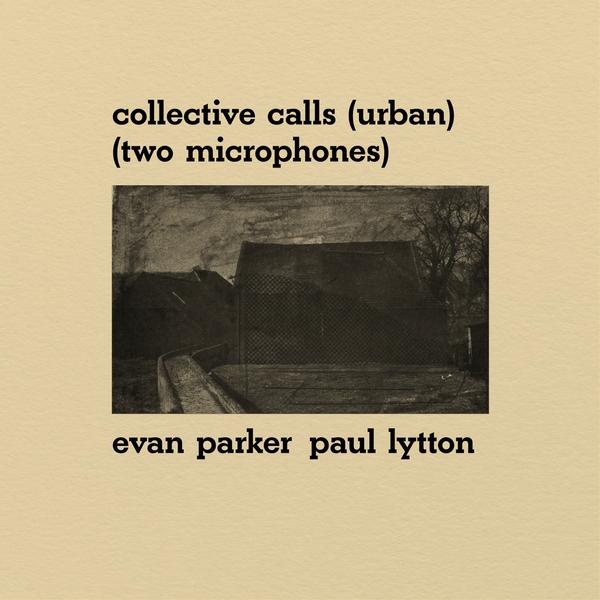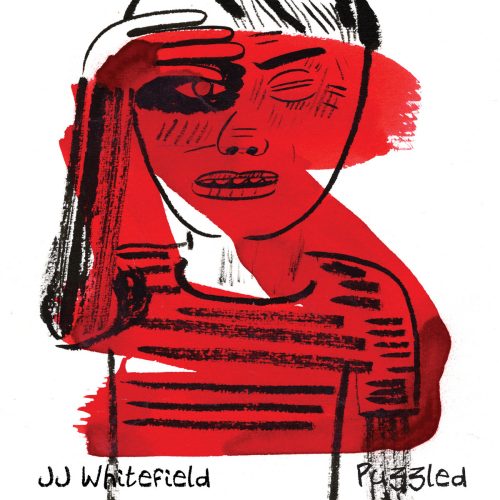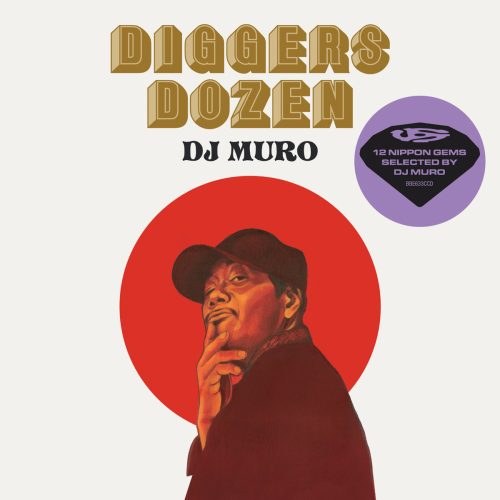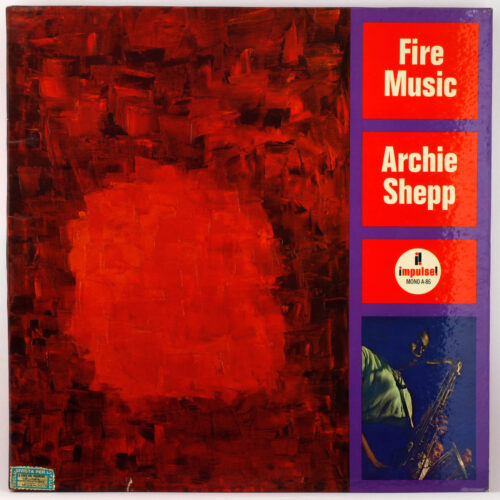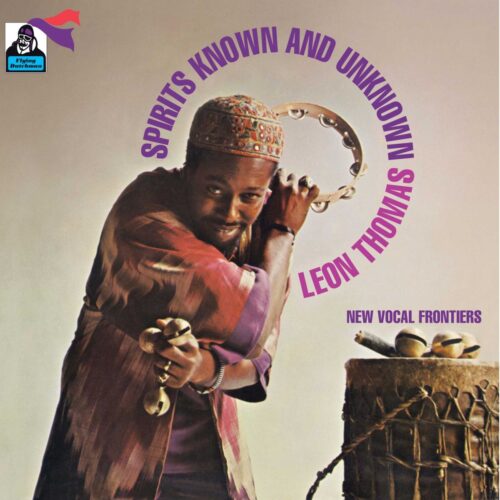Collective Calls (Urban) (Two Microphones)
Label: Otoroku
Genre: Experimental, Jazz
$42.99
Out of stock
LP reissue of Collective Calls, the first duo LP from Evan Parker and percussionist Paul Lytton. Mythically alluded to as “An Improvised Urban Psychodrama In Eight Parts,” Collective Calls utilizes electronics, pre-records and homemade instruments to wryly in/act self-investigation. On Collective Calls, only the fifth release to appear on the newly minted Incus label, percussionist Paul Lytton arrives with an arsenal of sound making sources to push Parker into ever new territory. Recorded in the loft of The Standard Essenco Co on Southwark Street by Bob Woolford (Topography of the Lungs, AMM The Crypt), Collective Calls has more in common with noise or music concrete than with jazz. Influenced as much by Stockhausen, Cage and David Tudor as he was by Max Roach and Milford Graves, Lytton’s percussion is abstract, expressionist and at times totally mutant. Sometimes rolling extremely fast, then screeching almost backwards over feedback, Lytton gives Parker room to play some of his weirdest work. Parker is listed as performing both saxophones, but also his own homemade assemblages, including one dubbed the ‘Dopplerphone’ — a length of soft rubber tubing (activated by a saxophone mouthpiece and manipulated to alter the rate of airflow) attached to a longer length of clear plastic tubing (whirled around the head whilst being played) ending in a plastic funnel. Thickening the brew even more, Parker would also add a cassette recorder, on which he would play back collected sounds and previous recordings of the duo. Imagining the set up in a 70s loft, it’s an assemblage more akin to what today’s free ears might see at a Sholto Dobie show, or spread out on the floor of the Hundred Years Gallery, the shadow of Penultimate Press lurking in a corner. It’s a testament to Parker’s shape shifting sound — the ever present link to birdsong being at its most warped here — terrifically free and unfussy, wild and loose from any of the dogma that might come in later Brit-prov years. This re-issue is presented in a specially made Wigston fold-over cover, litho printed with artwork from Alan Johnston and housed in a heavy polyurethane sleeve.

